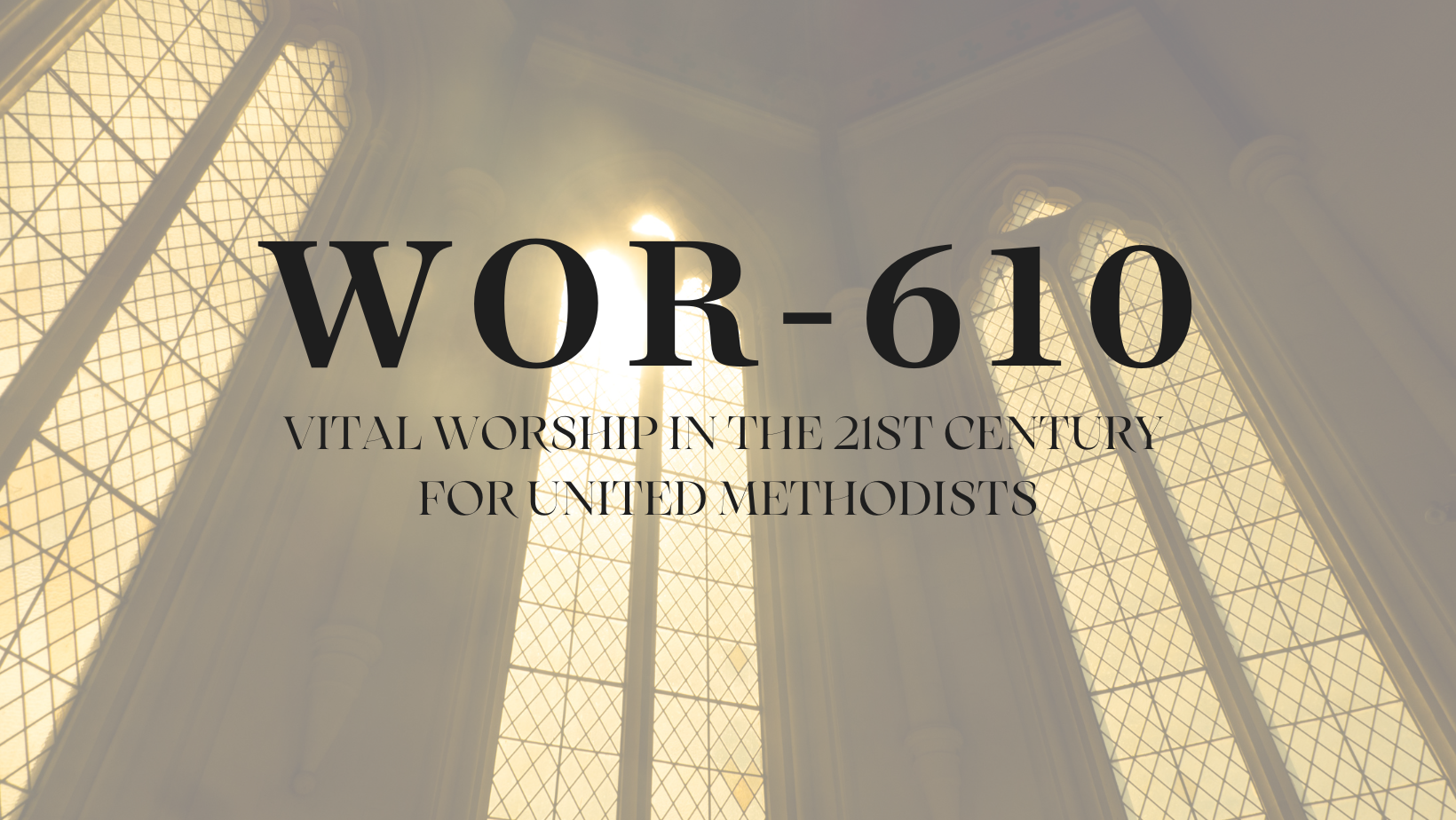The Drew Seminar introduces students to the intellectual life of a liberal arts education. Led by a faculty member dedicated to working with first-year students, the seminar provides a stimulating introduction to rigorous, college-level work that centers on the exploration of a particular topic or subject area, and includes development of critical thinking, information literacy, and writing skills, as well as oral and interpersonal communication skills. Activities include formal and informal writing, discussion of readings, oral presentations, and writing revision.
LGBTQ Voices On Stage
This seminar examines the evolution of US-American LGBTQ performance in the 20th and 21st centuries, focusing on how queer theater-makers used performance to express identity, resist marginalization, and respond to major historical events; in fall 2025, our particular focus will be on theater of, about and related to the AIDS epidemic. Students will explore how LGBTQ artists navigated the politics of visibility, used queer coding, and expanded the boundaries of traditional theater spaces to amplify their voices.

- Teacher: John DiResta




